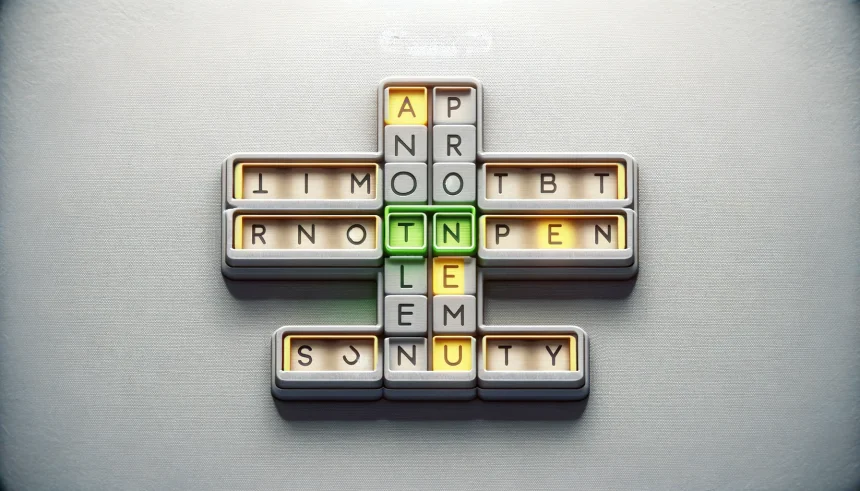Fans of word-based puzzle games continue to turn to Wordle for its daily mental challenge. The July 27 puzzle, presented as number 1499 in the series, asked users to find a five-letter word through a blend of deduction and vocabulary skills. Unlike rapid-fire trivia or timed games, Wordle gives each participant six opportunities to identify the correct term without any pressure of a countdown clock. This format encourages a deliberate approach with each guess, making each win as much about patience as skill. Participants often discuss methods online, sharing insights and favorite starting strategies that have emerged as community wisdom.
Recent coverage of Wordle’s daily puzzles shows recurring patterns in the discussion of strategies, such as prioritizing a mix of vowels and consonants and avoiding repeated letters early on. There are consistent recommendations for treating Wordle like a newspaper crossword—step away and return later if stumped. The series of past answers provides a reference to help reduce guesswork, as repeats are rarely observed. While tips and hints are frequently offered, the gameplay mechanics themselves have remained stable since the title’s shift to The New York Times ownership, despite some changes to word lists and moderation policies previously making headlines.
How Did Players Approach the July 27 Puzzle?
On July 27, participants used systematic approaches to work towards the answer “WHOLE,” integrating both logic and elimination tactics. Knowing that there was no double letter involved, solvers selected initial words intended to maximize the discovery of new letters. Many reported that through the process of elimination and by referencing lists of previous solutions, incorrect attempts helped refine their guesses until the answer fit with remaining available letters.
What Strategies Are Commonly Recommended?
Widely adopted advice for Wordle includes starting with words that contain a balance of commonly used vowels and consonants and not repeating letters unless necessary. Players are also encouraged to avoid words with letters already ruled out. An experienced Wordle solver stated,
“A good opener can set you up for a successful finish.”
Regular contributors to online Wordle communities highlight the usefulness of pausing after an unsuccessful guess sequence, emphasizing that fresh perspectives often emerge after a short break.
Why Do Previous Answers Matter for Today’s Game?
Lists of previous answers serve as a valuable resource for narrowing down current possibilities, as repeating solutions are rare. By reviewing recent responses such as HAUNT, GOFER, QUAKE, and WATER, players consciously avoid choices already used. The publisher notes,
“The answer isn’t likely to be repeated, so looking at recent solutions can help.”
This approach aids in sustaining a methodical elimination process that leads to more accurate predictions over time.
Wordle’s format, which provides six rows of five boxes daily, essentially democratizes puzzle solving by making each day’s challenge accessible to all, regardless of experience. Since its inception by Josh Wardle and eventual acquisition by The New York Times, Wordle has fostered a growing community sharing techniques and stories about their puzzle-solving journeys. Over time, its minimalist design and absence of time constraints have established a standard for daily word games, inspiring derivations that experiment with themes such as music or geography but retain the original’s incremental logic.
Mastering Wordle relies on prioritizing logical deduction over impulsive reactions. Reviewing prior answers increases efficiency and limits wasted guesses, while the specifics of each day’s puzzle—such as the absence of repeat letters—guide the decision-making process. Those keen to improve can track their mistakes and adjust their starting strategies over time, as regular play unveils which letter combinations tend to yield results. While community hints and publisher tips continue to shape player habits, individualized adjustment and reflection upon incorrect guesses remain key differentiators for long-term progress in the puzzle.
- The July 27 Wordle answer was “WHOLE” with no double letters.
- Players use elimination, word lists, and logic for efficient guessing.
- Consistent strategies and past answers help guide the daily game.










